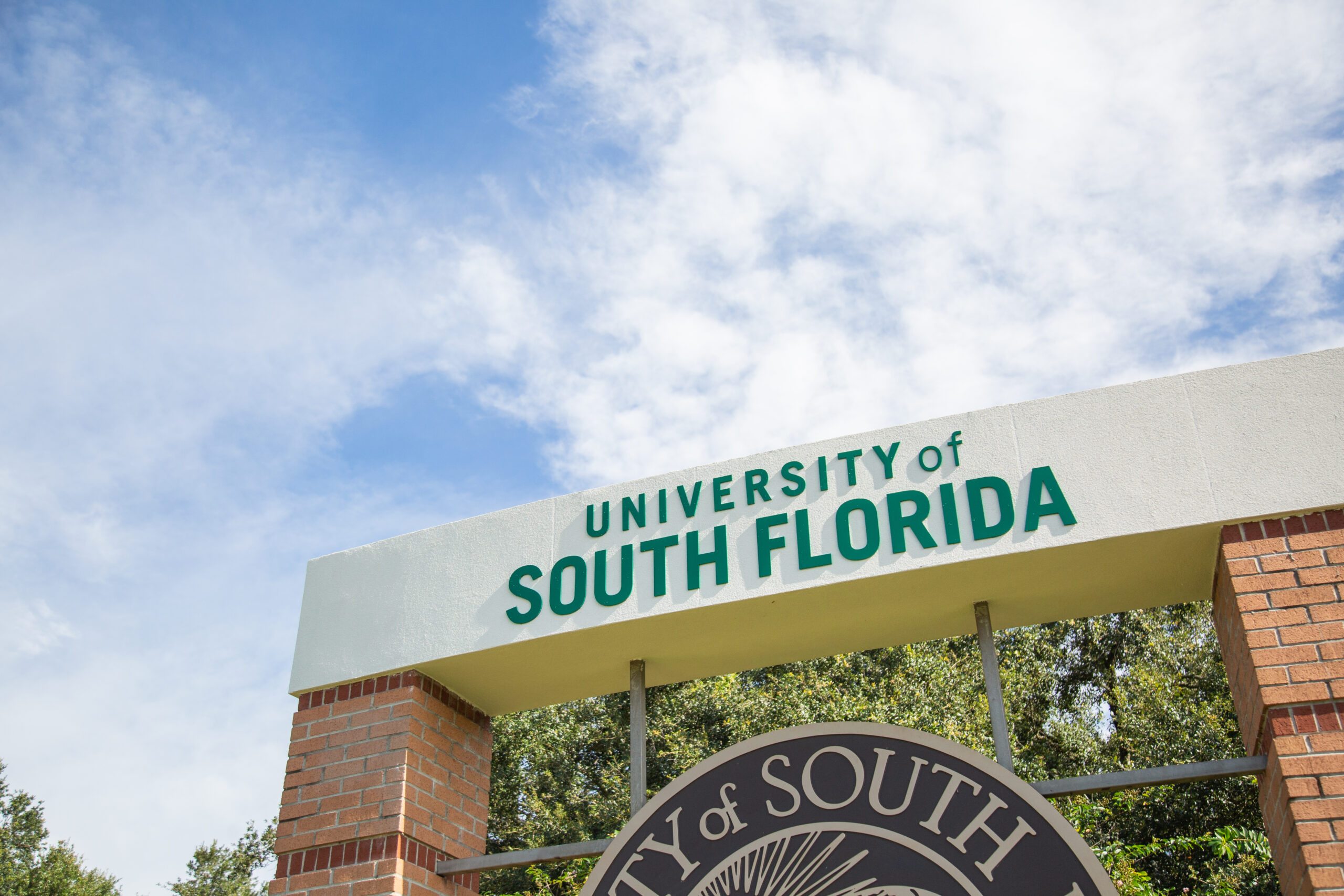OPINION: Department of Anthropology statement positive move in repairing Indigenous relations

With a statement released Nov. 24 and plans to support Indigenous students in the future, the USF Department of Anthropology has shown that it is devoted to making reparations and supporting Indigenous peoples.
The department committed in the statement to return sacred objects and Native American remains to local tribes as well as support students from Indigenous backgrounds through internship and scholarship opportunities. These are positive first steps toward repairing the damages done when land was stolen from Native American tribes that inhabited the Tampa Bay area in the 1800s under former President Andrew Jackson — including the land USF’s Tampa campus was built on.
America was founded on stolen land, and the impact of the original colonizers is still felt by Indigenous peoples today. Reparations for the actions of these invaders range from recognition of wrongdoing to returning stolen objects and even the land itself. The department released a statement prior to Thanksgiving break and announced steps to repair the damage done.
Approved by the Seminole Tribe of Florida, the department’s statement was in line with the Native American Graves Protection and Repatriation Act passed in 1990 that required research institutions across the country to return all stolen items and remains to the Seminole, Calusa and Tocobaga tribes.
The anthropology department supported the initiative this year by completing its return of inventoried stolen human remains and sacred objects as well as issuing a statement that recognized the university as part of the problem and its support for Indigenous peoples.
This will be the new standard of how universities should work with Native tribes to make sure their students on campus feel represented fairly. While a land acknowledgment statement does little to repair the damages to the Native American population, opening a line of dialogue with the Indigenous population is just as important as what follows.
One university with strong ties to Indigenous cultures, FSU, has a similar relationship with the Seminole tribe, which works closely with the university to represent the tribe accurately. As the university’s mascots are the Seminole tribe’s Chief Osceola and his horse Renegade, this is to be expected, so it’s good to see that the USF Department of Anthropology is making these efforts without such an obvious need to. However, it is planning on going further than a statement to support Indigenous students.
The department said it plans to collaborate with local tribes to support Native American students through opportunities like scholarships and internships, according to Sarah Taylor, professor of anthropology.
Diane Wellman, assistant professor of anthropology, agreed that these are the right first steps.
“The primary reason that this is important is just to bring awareness and acknowledgment of these histories,” Wellman said during an interview with The Oracle. “This is all related to [this] really dark and difficult past that we have to reconcile with as Americans.”
Although roughly 36% of native-born Americans aged 25 or older have a college degree, just 25% of Native Americans in the same age range have a college degree, according to the 2020 census. Students from Indigenous backgrounds are often left out of higher education research because of the group’s small sample size, according to the Postsecondary National Policy Institute.
Lack of support for students with Indigenous backgrounds has always been a problem in universities. The American Indian College Fund started a project last year that recommended ways to improve access, inclusion and equity for college students from Indigenous backgrounds. The project followed a 2018 report from the First Nations Development Institute that said Native Americans are often misrepresented in higher education.
“Invisibility is, in essence, the modern form of racism used against Native Americans,” the report stated. “When a student is invisible, his or her academic and social needs are not met. This leads to students feeling alienated and alone, derailing their matriculation and the realization of their dreams and potential.”
It’s good that departments at USF are working toward creating an environment where all students can feel equally represented and included, but the school should support Indigenous students year-round. To ensure that this results in meaningful change and doesn’t end up as just a publicity stunt, school leaders should continue to work with the local Native population and follow through with their plans to promote inclusivity and representation of Indigenous peoples on campus.







